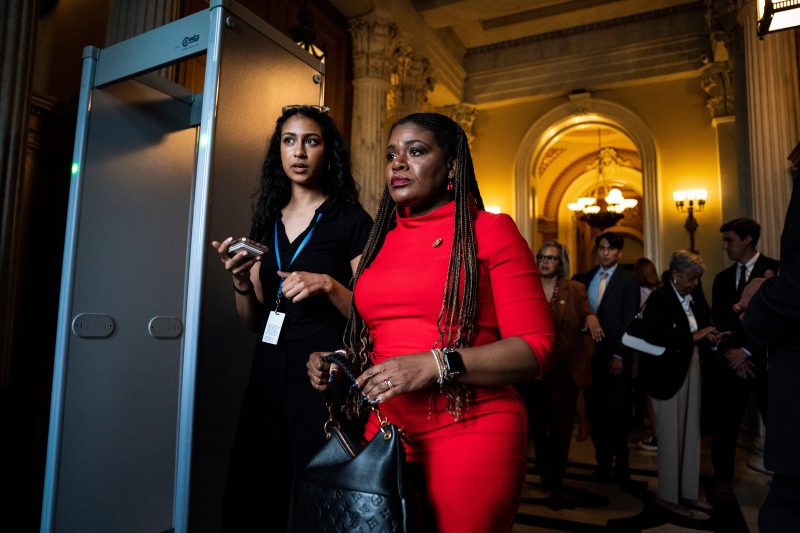In recent years, the United States has witnessed a significant shift in the political landscape with the rise of progressive members of Congress known as The Squad. These lawmakers have garnered attention for their bold stances on social and economic issues, often challenging the status quo within the Democratic Party. However, their outspoken criticism of Israel and support for Palestinian rights has also sparked controversy and drawn the ire of pro-Israel interests.
One particular member of The Squad, Rep. Ilhan Omar, has been a focal point for pro-Israel groups seeking to influence American politics. The Minnesota congresswoman’s criticisms of Israeli policies, along with her support for the Boycott, Divestment, and Sanctions (BDS) movement, have made her a target for well-funded campaigns aimed at undermining her political influence.
Pro-Israel interests have poured millions of dollars into defeating Rep. Omar and other progressive lawmakers who share similar views on Israel. These efforts have taken various forms, from funding political campaigns against them to launching media campaigns aimed at tarnishing their reputations. The influx of money from pro-Israel donors has enabled these groups to amplify their messages and mobilize support against The Squad members.
The influence of pro-Israel interests in American politics raises important questions about the role of money in shaping policy decisions and stifling dissenting voices. Critics argue that the significant financial resources at the disposal of these groups give them undue influence over lawmakers and policy outcomes, particularly when it comes to issues related to Israel and the Middle East.
Furthermore, the targeting of progressive lawmakers like Rep. Ilhan Omar reflects broader trends in American politics, where money and special interests often dictate the priorities of elected officials. The clash between pro-Israel interests and advocates for Palestinian rights highlights the complexities of navigating foreign policy issues within the American political landscape.
As Rep. Omar and other members of The Squad continue to advocate for a more balanced approach to the Israeli-Palestinian conflict, they face formidable opposition from well-funded groups seeking to maintain the status quo. The battle over Israel-related policies in Congress underscores the challenges of advocating for change in a political system heavily influenced by special interests and money.
In conclusion, the efforts of pro-Israel interests to defeat progressive lawmakers like Rep. Ilhan Omar shed light on the dynamics of power and influence in American politics. The clash between these groups underscores the need for greater transparency and accountability in how money impacts policy decisions, particularly on sensitive foreign policy issues. As the debate over Israel and Palestine continues to unfold in Congress, the voices of dissenting lawmakers like Rep. Omar serve as a reminder of the importance of challenging entrenched interests and advocating for justice and equality on the global stage.

